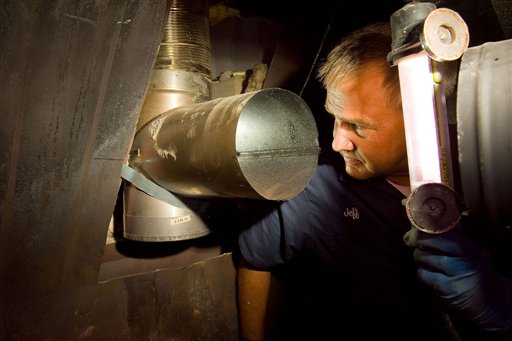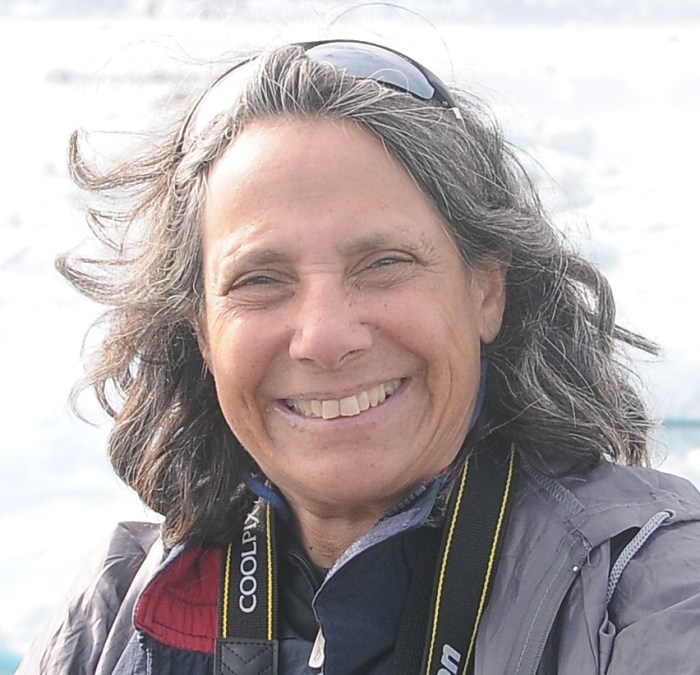
A Long Island group of New York home inspectors say the state’s licensing requirements for their profession should be made tougher to ensure that house buyers can rely on trustworthy inspection reports before they make what could be the most important investment of their life.
Calling for more government regulation not less might be newsworthy in itself because it goes against the grain of what passes for political debate these days. But this issue also hits right where people live.
New York State currently licenses 2,073 home inspectors, with about 561 of them located on Long Island.
It’s a “ridiculously overloaded number,” says Paul Gressin, who formerly served on the governor’s home inspector advisory council until Gov. Andrew Cuomo abolished all the state’s voluntary panels in April. Gressin blames lax state standards and inadequate training supervision for the profusion of “poorly qualified” inspectors. Asked how many of the current license holders he’d allow to inspect a home he intended to buy, Gressin says, “Twenty-five percent.”
He says that he’s been to houses previously inspected and found “glaring defects” that were overlooked, such as “bad roofs, cracked beams, defective plumbing, electrical wiring that could start a fire—it runs the gamut.”
The trouble, say Matt Wynne, president of the Long Island chapter of the American Society of Home Inspectors, and Scott Gressin, president of the Metropolitan Association of Home Inspectors (and Paul Gressin’s son), is that New York should require more classroom hours and onsite training than it does now. They say New York should at least to match New Jersey’s more rigorous requirements—140 hours of training in New York vs. 180 hours in New Jersey. Another problem is that New York’s licensing exam is “a breeze.”
“Almost anybody can get certified,” says Scott Gressin. “New Jersey’s exam is much more difficult.”
In New Jersey, home inspector licenses fall under the supervision of the State Board of Professional Engineers and Land Surveyors. In Connecticut, home inspection is handled by the Department of Consumer Protection. In New York, the profession is lumped in with 28 other occupations by the Department of State’s Division of Licensing Services, which licenses more than 800,000 New Yorkers from real estate brokers to barbers and pet crematorium operators.
“Our industry is a farce and the buying public is getting screwed,” says Paul Gressin. “How’d you like to go to a doctor who never had to take gross anatomy [in med school]?”
For example, Gressin says that currently the state’s provisions allow approved home inspection schools to take 15 people out in the field at once with a supervisor. His advocacy group would rather limit the number of people in the field to two students with one instructor. “I couldn’t put 10 people in [my] boiler room!” Gressin says.
New York’s Department of State is content with its current regulatory practices regarding home inspectors, says a spokesman for the agency.
“Achieving a home inspector’s license cannot be completed by pressing a few buttons on a computer,” Jorge Montalvo, special assistant to New York Secretary of State Cesar Perales, tells the Press. Montalvo insists that the state’s requirements are adequate and there are no current plans to adjust them because safeguards are already in place to weed out the incompetent inspector.
“The New York Department of State takes action to protect consumers when there are complaints against a licensed home inspector,” says Montalvo. The department’s administrative law judges may provide “a warning, a fine, a licensee, or suspend or revoke a home inspector’s license.” In 2011, the department got 31 complaints, so far in 2012, it’s received 13.
Scott Gressin and Matt Wynne say they’ve been meeting with local politicians to drum up interest in tightening the regulations but have met only with disappointment. Following up their visit with a representative of State Senate Majority Leader Dean Skelos (R-Rockville Centre), the Press asked Skelos’s office if he planned to carry water for the home inspectors in the next legislative session. Skelos declined to comment.





























